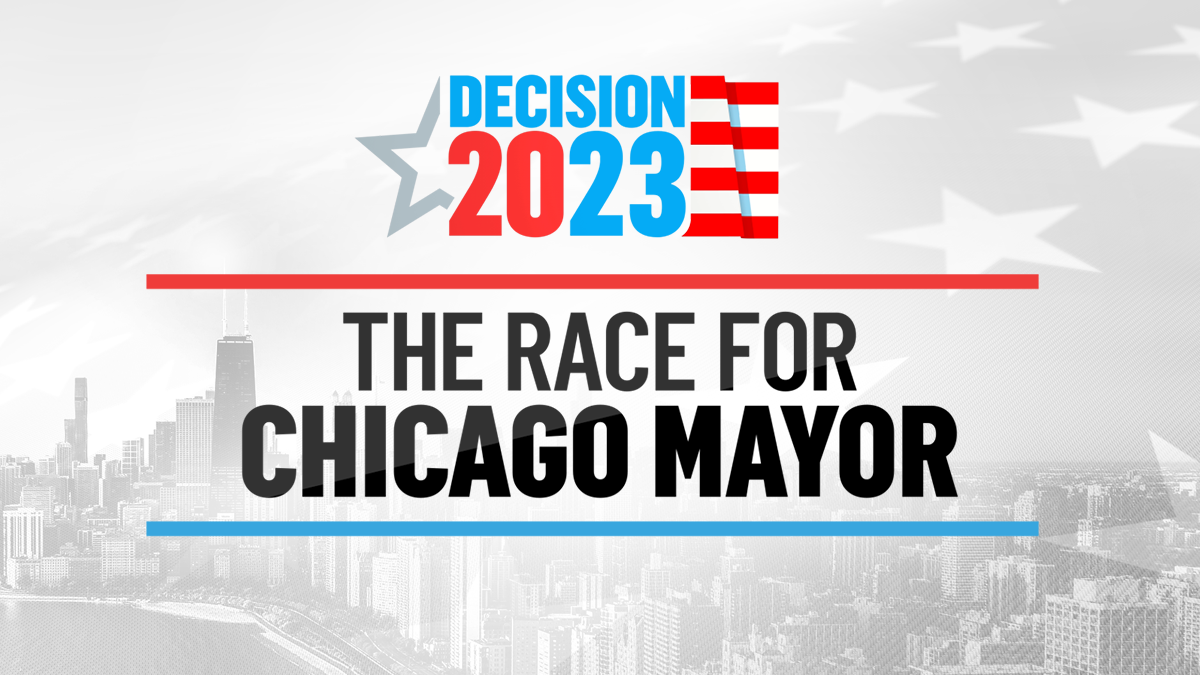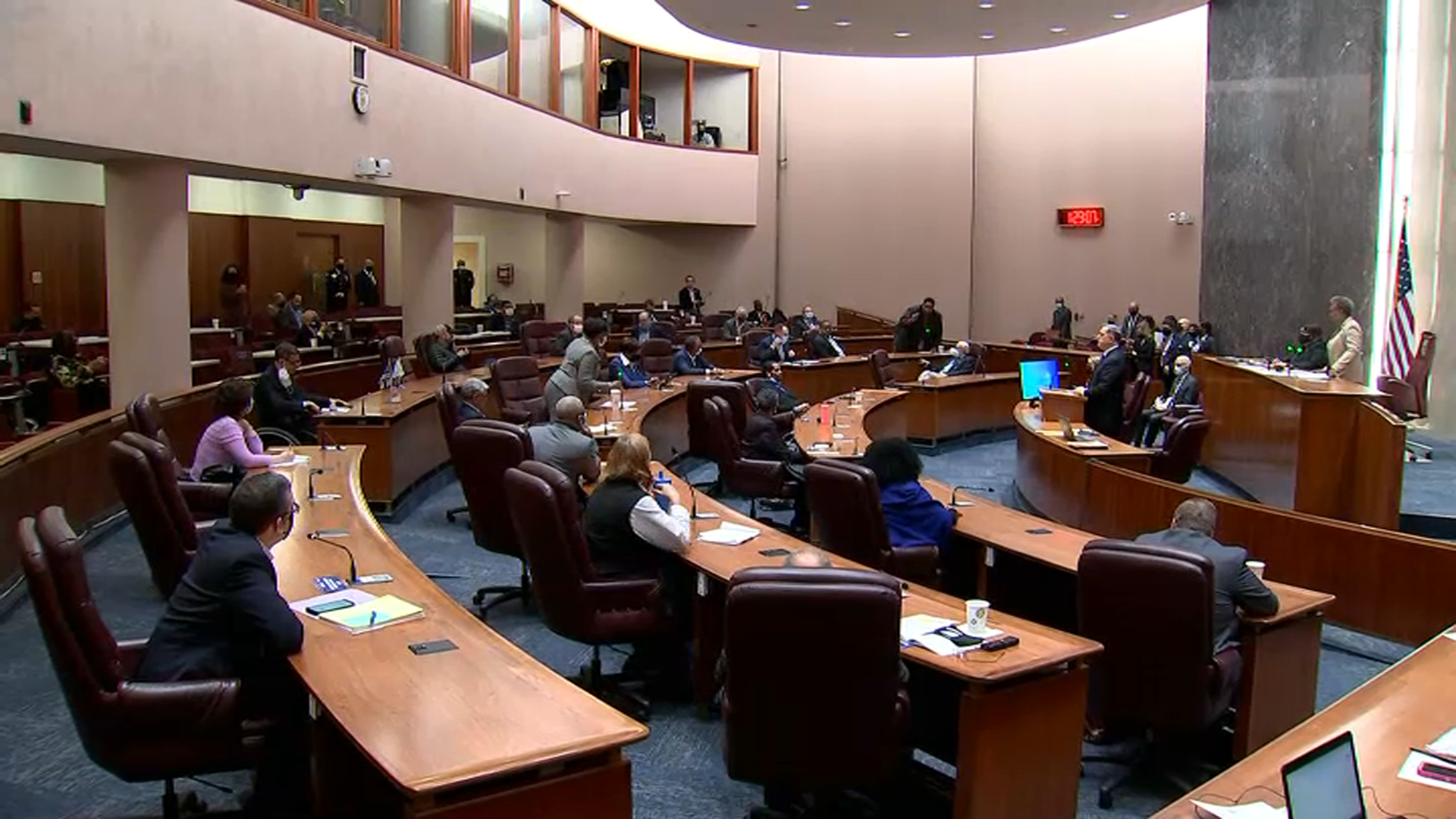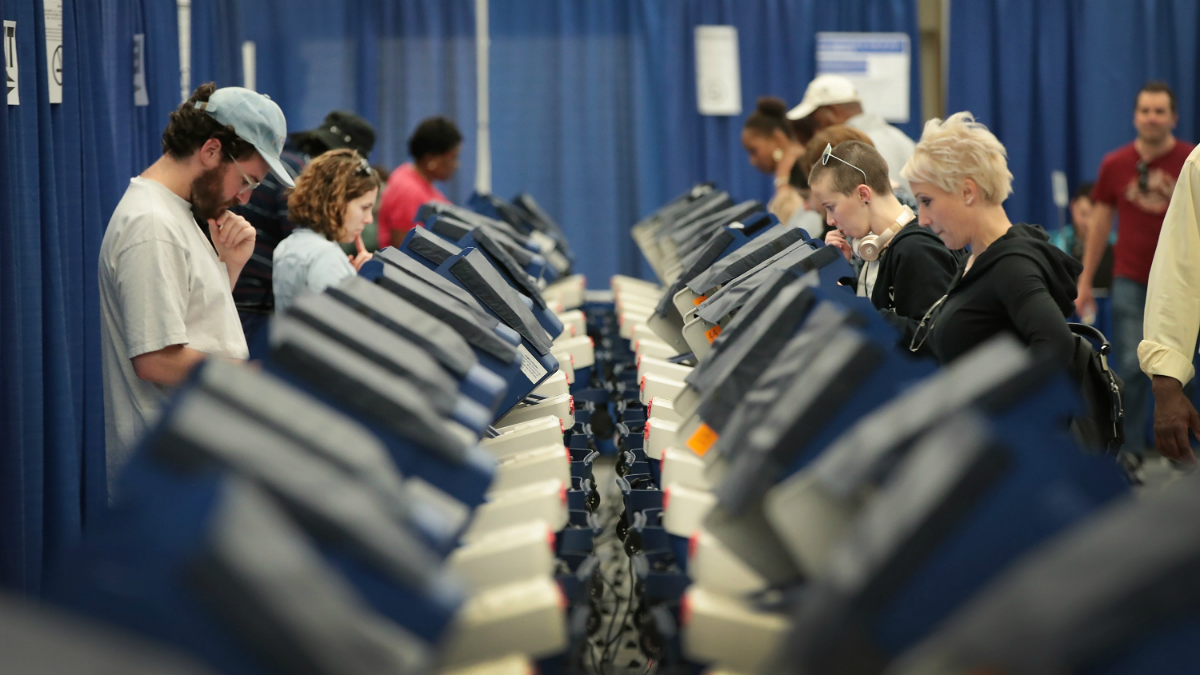lee esta historia en español
Chicago's Election Day brings with it an element of city pride, but this year's voting also comes with a weight of uncertainty.
In a mayoral election that is already one for the history books, no candidate has a clear path to victory and the results that will unfold as votes are counted remain unpredictable.
With nine candidates in the running to become the next mayor of Chicago, the tight race to the finish will leave many on edge as polls close.
Feeling out of the loop? We'll catch you up on the Chicago news you need to know. Sign up for the weekly Chicago Catch-Up newsletter here.
Adding to the uncertainty of the night is the possibility that Election Day could end with few answers for residents.
If no candidate reaches 50% in the election, the top two vote-getters would face off in an April 4 runoff election.
In all likelihood, the race could potentially trigger a recount.
There's a chance that voters may not even know which two candidates would be in a runoff, possibly for quite some time after Election Day.
“It might take some time after election night to call some of these races, even the mayor’s race,” Max Bever of the Chicago Board of Elections told NBC Chicago.
Results in the election are due to be certified by March 21, and if a candidate finishes within 5% of the top-two spots in the race, then they would be legally allowed to request a recount, according to election experts.
“It’s very, very possible that we could have discovery recounts to see who comes in second, to see who is entitled to run on April 4,” Election attorney Burt Odelson said.
In addition to the possibility of a recount, which could occur if a candidate is within 5% of the second place spot, there is also the possibility that mail-in ballots could impact the outcome. According to the latest updates from the Board of Elections, just over 100,000 mail-in ballots have still yet to be submitted, and as long as those ballots are postmarked by Election Day and returned by March 14, they can still be accepted and counted.
"We have received the highest amount of prelection voting we have ever seen for a municipal election," Marisel Hernandez with the Chicago Board of Elections said as polls opened Tuesday.
In all, 131,806 ballots were cast at early voting sites prior to Election Day, and another 112,774 ballots were submitted via the mail. Those nearly 245,000 votes will be included in the initial count that the board will release after polls close at 7 p.m. Tuesday.
The nine candidates for mayor include: Ja’Mal Green, Ald. Sophia King, State Rep. Kam Buckner, Willie Wilson, Brandon Johnson, Paul Vallas, Mayor Lori Lightfoot, Ald. Roderick Sawyer and Rep. Jesús ‘Chuy’ García.
Lightfoot secured her spot in history when she became the first out and Black female leader of Chicago. While Lightfoot has consistently remained among the top contenders in the packed group when it comes to recent polling, her bid for reelection is far from certain.
Now, with the mayor of the third-largest U.S. city facing the possibility of an early reelection defeat, the results of Feb. 28 could be historic once again, but this time in a very different way.
Should she fail to make it into the top two slots, Lightfoot would not only be the first Chicago mayor in decades to lose a run for reelection, but she would be the first Chicago mayor seeking reelection to fail to make it to a runoff.
And while the mayoral ticket remains the highest-profile race on the ballots, there are many other races Chicago voters will be tasked with deciding.
While most of the attention has been focused on the nine candidates running for Chicago mayor, the Chicago City Council will also have a decidedly-new look in the new term, as a dozen incumbents aren’t running for reelection and several others are facing tough fights.
In all, 12 members of the City Council will not be seeking reelection, with several more defending seats that they’ve only recently been appointed to.
Just like in the mayoral election, if no candidate receives a majority of the votes in the Feb. 28 election, meaning 50% plus one additional vote, then the top two vote-getters would advance to a runoff, which will be held on April 4.
While residents are used to voting for citywide offices and for members of the City Council in off-year elections, this year’s ballot will also include a new series of offices, as district councils will be elected in each of Chicago’s 22 police districts.
The new councils, formed as part of a City Council effort to improve police oversight and accountability, will consist of three individuals elected in each police district, according to officials. They will be elected every four years, on the same schedule as the mayoral and City Council races.
According to a city-run website, the councils will aim to build connections between police and communities, while also developing and implementing community policing initiatives.




